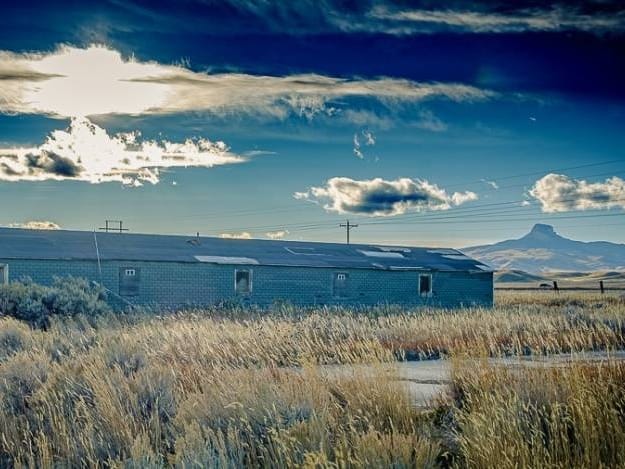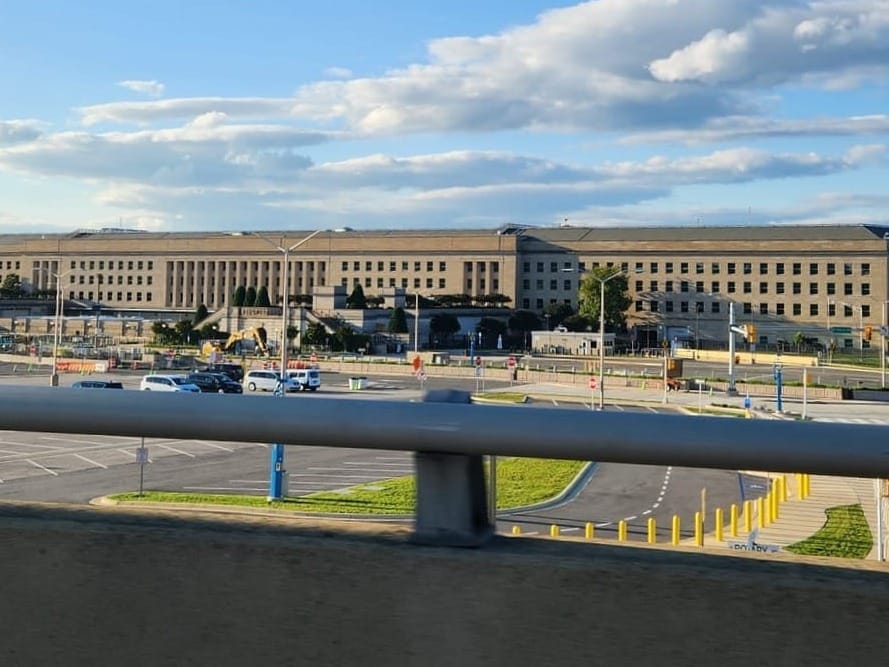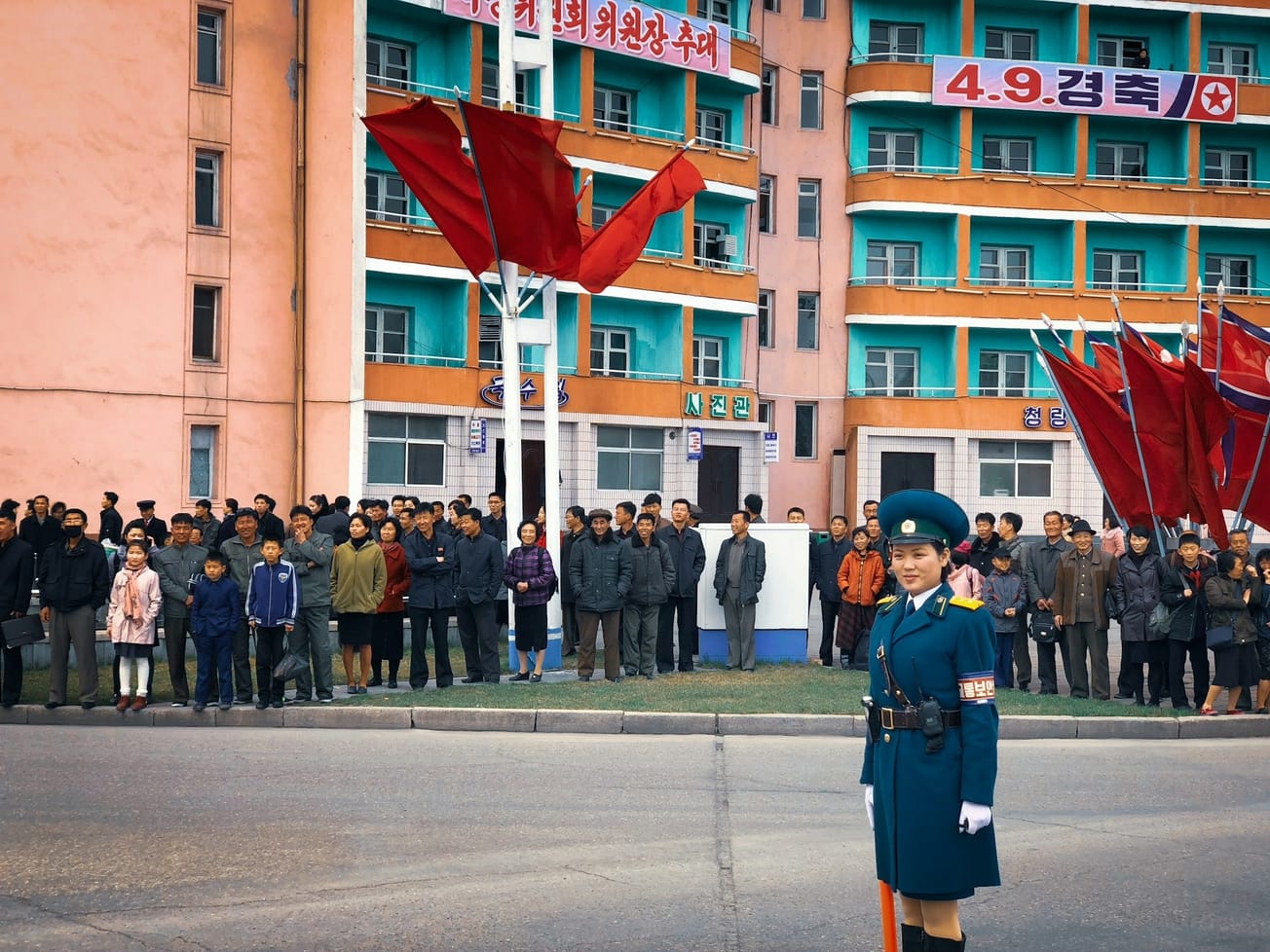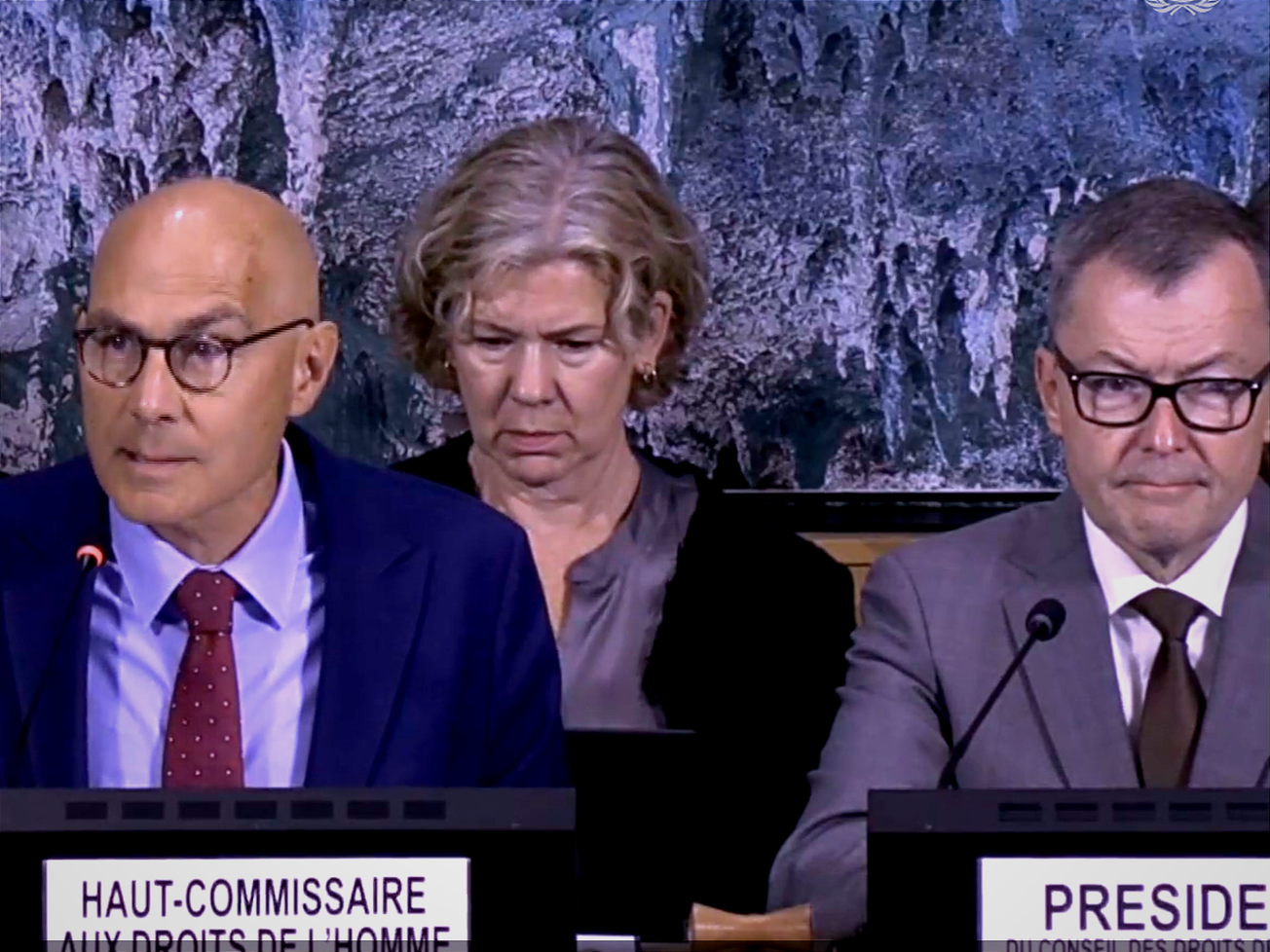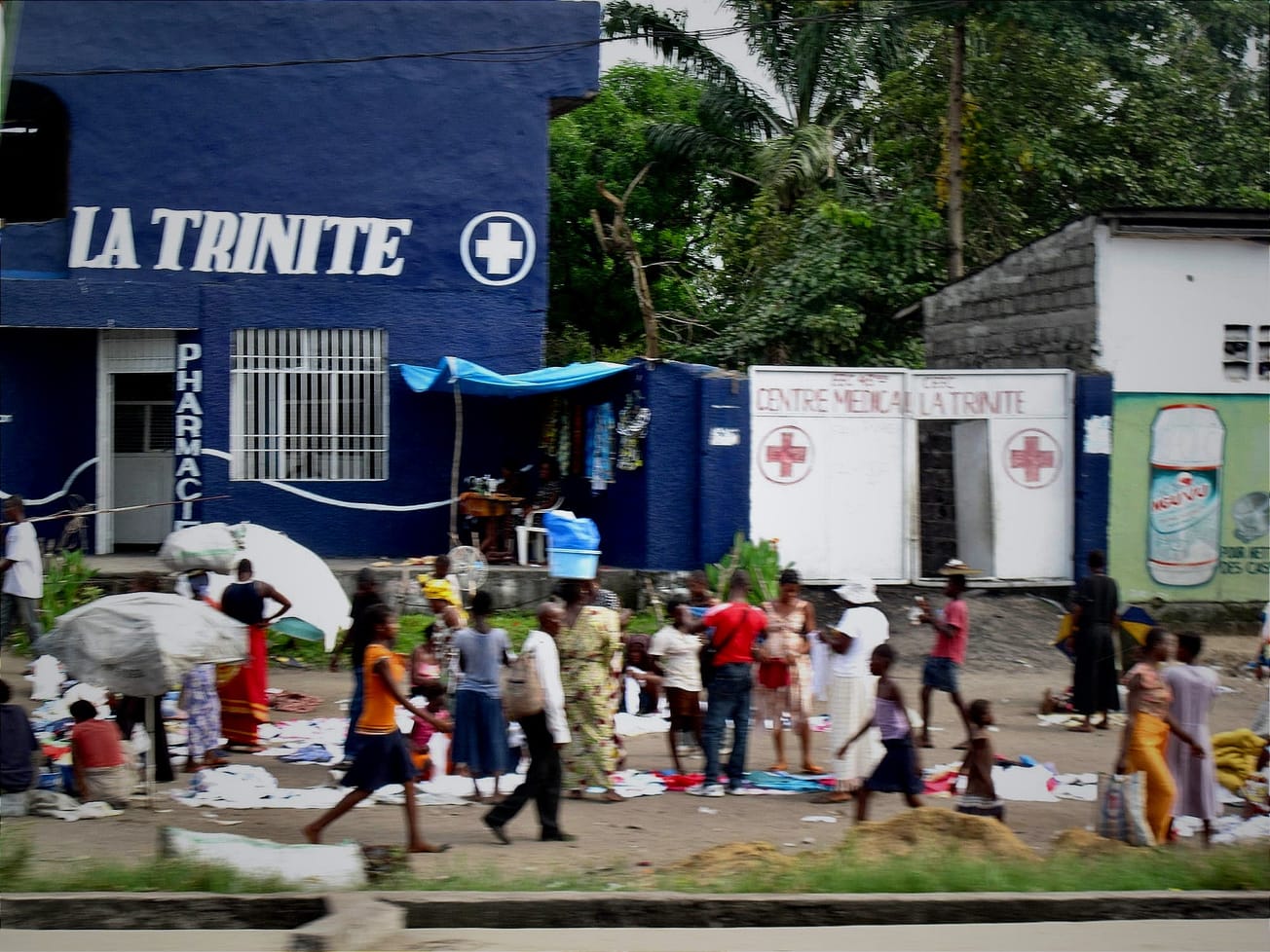WASHINGTON (AN) — From America’s borders to its prison cells, city streets and tribal lands, entrenched racism, white nationalism, aggressive policing and xenophobia burden and stifle the lives, aspirations and rights of people of color across the United States.
These and other findings were laid out in damning evidence among the more than 70 submissions about America's legacy of racial strife and struggle for justice and freedom that organizations provided to the U.N. Committee on the Elimination of Racial Discrimination, or CERD, for its meetings in the Swiss multilateral hub of Geneva. Over the past two days, CERD put America's racial justice record under a microscope.

